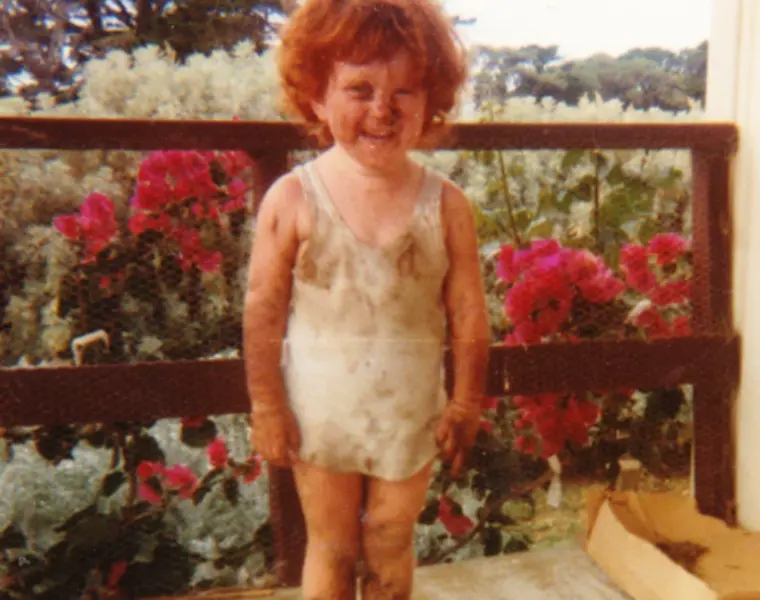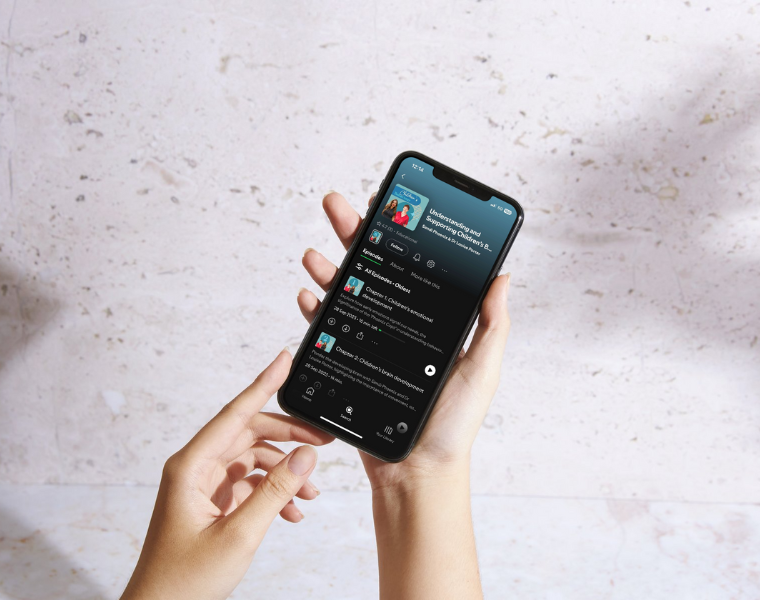Download this Article
Please subscribe to our mailing list below to download a printable copy of this article:

What goes into an Educational Leadership Toolkit? It’s a simple dot pointed list… Yeah right!
If you’re looking for check lists, compliance paperwork templates and micromanaging techniques, this blog is not for you! However, if you’re wanting to know what makes effective educational leadership and to see the light to a new way forward, read on.
Firstly a little context about me:
I became an early childhood teacher in 2014, age 35. I began working as an ECT in 2015 and stepped into educational leadership in 2019 while still teaching full time. I’m still educational leader only now with mostly non-contact time.
Over the years, as my skills as a leader have developed, what goes into my ed leadership tool kit has changed dramatically. Its personal to me… as all leadership traits are.
So what’s in my educational leadership toolkit? Likely not what you think! Most of it is non tangible.
It starts with a thorough knowledge of myself from a range of different lenses. Believe it or not, this will influence the pedagogical direction of a service.
- I have a strong naturalistic intelligence (Gardner’s Multiple Intelligences).
- I grew up in the country that invented bungee jumping (Aotearoa/NZ) AND on a farm AND in the 80’s, so naturally I have a strong appetite for adventure and risk (Bronfenbrenner).
- I spent my early years literally covered in mud (here’s a photo to prove it).

- My dominant CUPS are Freedom, Mastery and Fun which sees me reaching to open closed doors, wondering ‘why not’ and finding ways to approach curriculum, children, families and the team with humour through relaxed relationships (Phoenix Cups Framework).
- My top strengths are ‘innovative thinking’ and ‘bravery’ according the brief strengths test from Authentic Happiness (University of Pennsylvania).
- I grew up in a huge family (28 first cousins, and one of 5 siblings) and know the power of socio-cultural learning in multi age settings, where WERE those adults most my life?? Trusting us to roam and come home again when we were hungry!
- I grew up in a country founded on Treaty which has influenced my approaches to pedagogy.
- I have a Graduate Diploma, meaning my first career was forged in marketing before I became a teacher in 2014. I often bring fresh eyes to the sector and always reach for science to inform pedagogy.
Building On From There – My Toolkit Consists Of:
Knowledge
The higher the qualifications of ed leader and the more current knowledge they hold, the better the outcomes for children (Siraj and Manni, 2008).
Knowledge, as much as I can get about ALL things early childhood is the key component in my toolkit. Particularly looking for evidence based contemporary practise that is nothing like anywhere else – this is where I get inspiration from. Neuroscience and positive psychology informs much of my understanding about human behaviour and therefore informs the pedagogical direction of the service.
As an ECT, I must maintain 25 hours of PD per year to maintain my VIT registration. My actual PD hours will mount into the hundreds – I’m a curious person with a hungry brain so who’s counting!
After all, when we know better, we do better.
Relationships
Prof Jane Bertrand’s research states the relationships between ed leader / director had direct impact on outcomes for children. The better these relationships, the better the outcomes for the children at that service. A key part of my tool kit is building and maintaining this relationship, having difficult and reflective conversations and identifying QIP improvements from a strategic perspective.
Coaching and Mentoring Books
The Coaching Habit, by Michael Bungay Stainer. Available as hard copy or on audiobooks. I go back to this book time and time again, each time learning more about what it means to be a coach and mentor and not a stick-waver (compliance) or advice monster! This book is a must have for ALL ed leaders if you want to build teams that perform and lift yourself from solving other people’s problems into strategic thinking (for me, that is Freedom and Mastery Cup filling).
The Best Ed Leader Online Webinar in a Hurry
Hands down, the most influential online Ed Leadership PD has been “Educational Leadership and Behaviour Change” From Phoenix Support for Educators. It’s short, sharp, to the point and affordable. I wish I had done this back in 2019 when I stepped into the leadership position – I would have spent far less time on micromanaging and more time on pedagogical reform.

Podcasts – A Quick and Easy Injection of Knowledge for the Team
I just love Dr Louise Porter – she has a way of making adults cringe at the things we sometimes do to children! The “Understanding and Supporting Children’s Behaviour” podcast series on Spotify with Dr Louise Porter and Sandi Phoenix is a go to for ALL new team members, trainees and students passing through our doors.
Connections and Sector Networking
I have spent time building a network of leaders throughout our sector in Australia and Internationally whom I follow and liaise with on a regular basis. Most of these thought leaders share similar philosophical approaches to me.
Online Forums – With Intention
Here’s my confession…. I use our sector Facebook forums for different reasons…
Some are high quality sources of reflection and conversation.
Some I use to continue to mentor and influence change in our sector (outside of my own service).
For some, I dive in there now and then as a litmus test for the wellbeing of our sector… Then use this knowledge to build strategies for my own team wellbeing, job satisfaction and ultimately educator retention. Observations from these forums form the basis of many reflective discussions with my director and resulting QIP goals.
My Reflections of an Educator Journal
This thing goes EVERYWHERE with me and really, it has a life of its own! Often with coffee stains, dog-eared pages and a raucous of things stuck in every page. It contains my 90 day goals, reflections (personal and service related) and weekly monitoring of my own CUPS and the team wellbeing. It also contains necessary quick reference snippets around child development that come in handy on a regular basis.
Empathy and Understanding – A Strengths-Based Perspective
Educators are people too! We all have strengths to bring to the table. Recognising and celebrating those strengths in others and acknowledging and showcasing leadership at all levels (a leader is someone who sees something that needs to be done and does it) is a critical element in my Ed Leaders toolkit. So coming from a place of empathy and understanding has helped me to bring out the best in others, and in turn, our service.